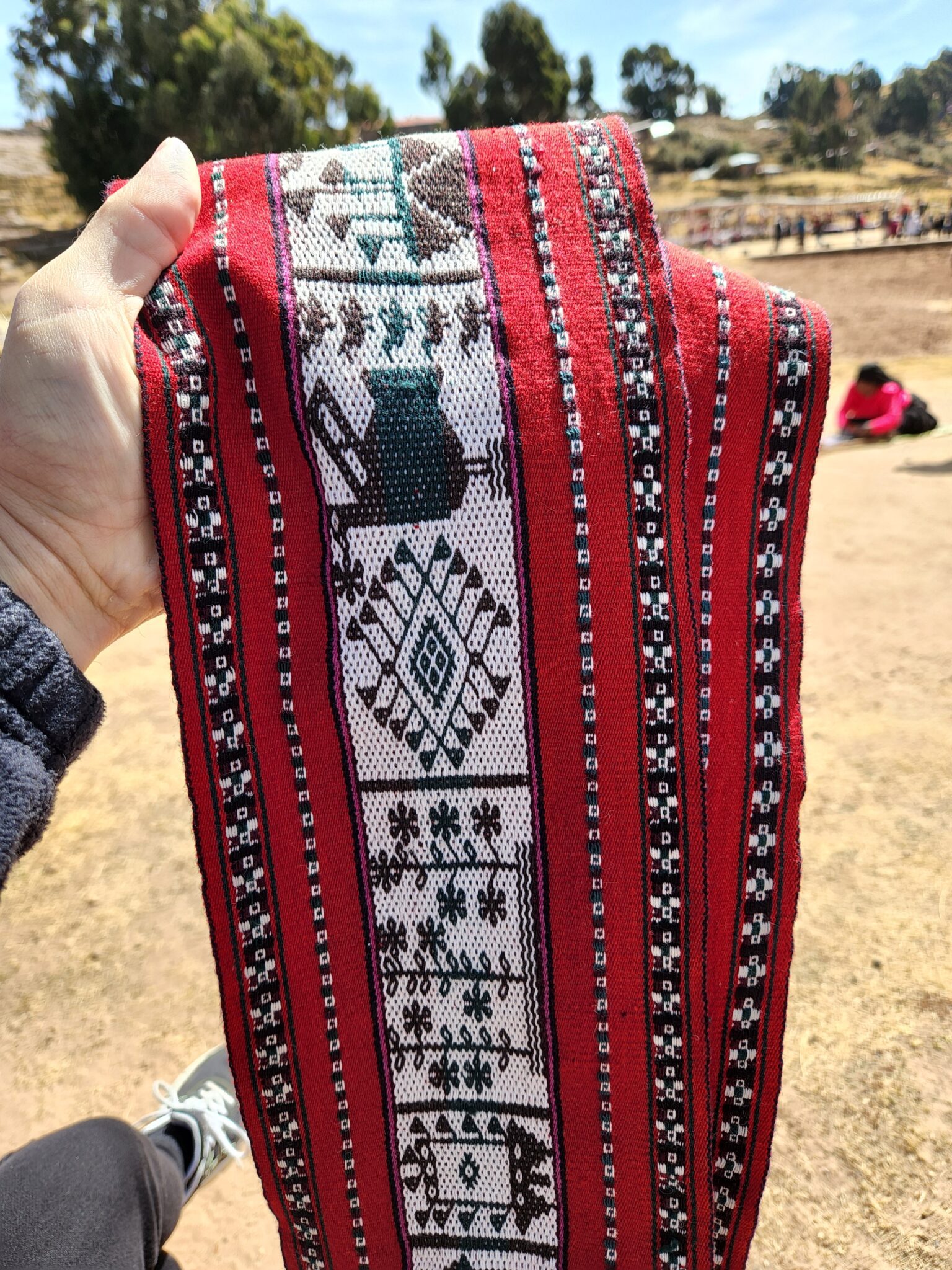The Salkantay Trek vs The Inca Trail
James Bustamante is Native to New York but born to Peruvian parents. He has been traveling throughout Latin America since early 2003 and finally made his home in Peru. James has made his way by eating and traveling through almost every country in Central and South America.
Last Updated on January 3, 2023 by James Bustamante
So which is better, The Salkantay Trek vs. The Inca Trail?
The Inca trail is, without a doubt, a gorgeous route leading to the Machu Picchu complex. The classic four-day trail is iconic of local culture, and rightly so. The Inca Trail is the most traversed and famous of all the Peru treks.
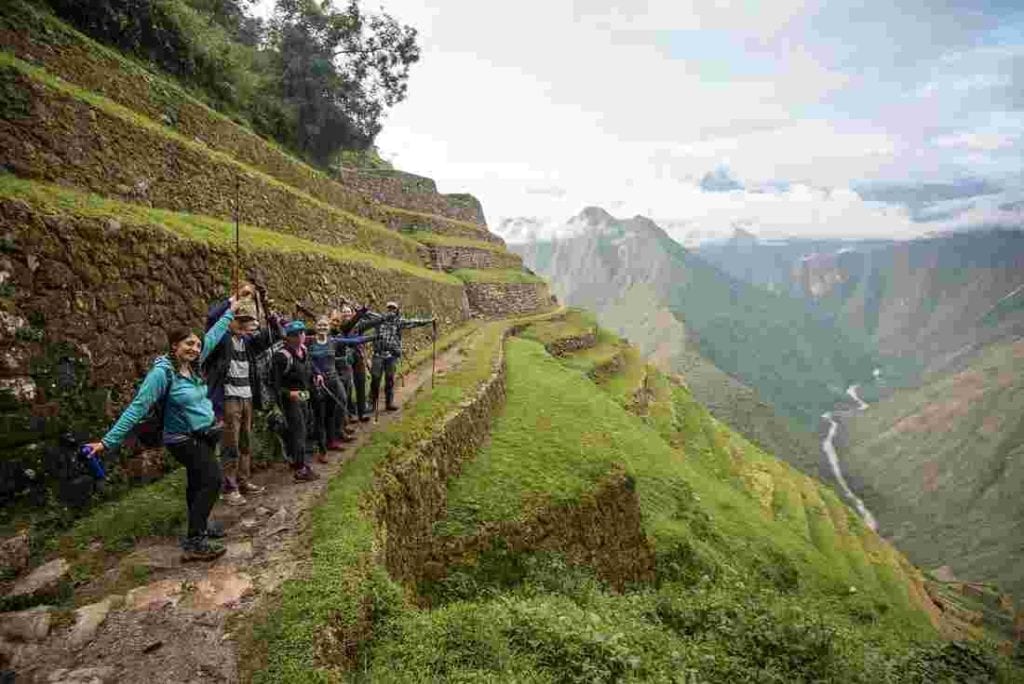
Availability is usually a cause for concern when comparing the Salkantay trek vs the Inca Trail. The 4 day classic hike for one, is so popular that potential hikers usually have to book it 3-6 months in advance unless they get lucky and run into an open booking.
The Salkantay trek is Peru’s second most popular trail and the obvious alternative to the regular 4-day Inca Trail to Machu Picchu.
In this article, we’ll discuss the differences between both options so you can decide which route to Machu Picchu is right for you, the Salkantay trek vs. the Inca trail.
The Inca Trail to Machu Picchu
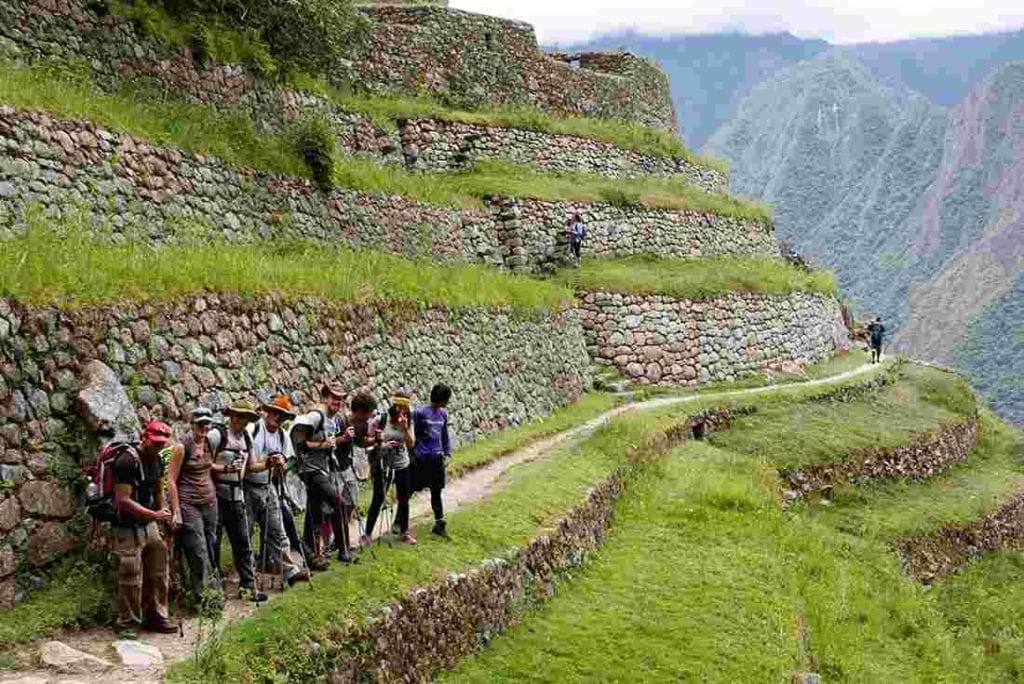
The Inca Trail is the most popular route to Machu Picchu for a reason; it is one of the traditional ways the Inca used to reach the stone city. It certainly wasn’t the only route taken, but among the various hikes to Machu Picchu, the Peruvian government chose the Classic Inca Trail as the flagship trek.
People from all over the world travel to Peru to experience this particular Machu Picchu hiking route; it is also the best trail to take if your priority is to visit the Incan ruins along the way.
The number of ruins hikers can see along the way is the most crucial difference between both treks to Machu Picchu.
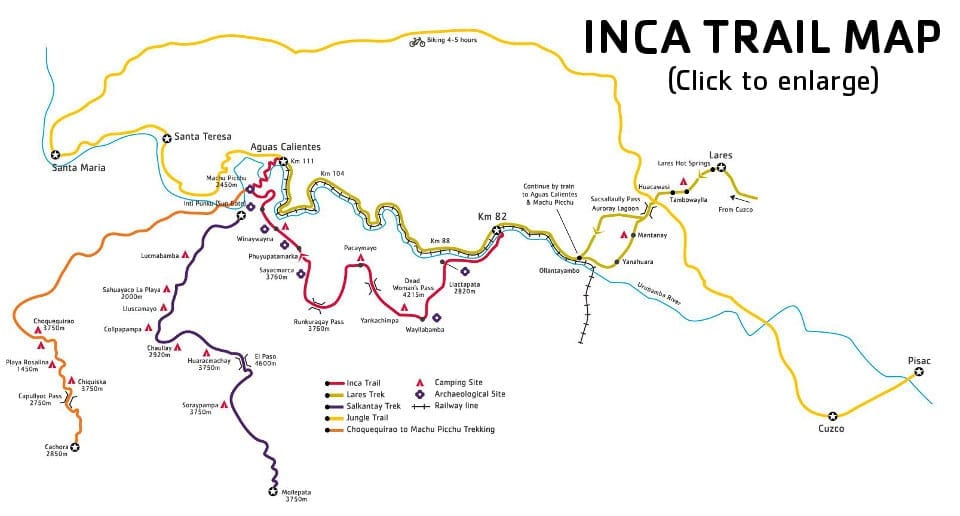
The Inca trail focuses on the various archaeological sites scattered along the way. This hike ends by entering the stone city through Inti Punku, also known as the Sun Gate to Machu Picchu.
There are alternatives to the Inca Trail; many guides agree that when you pit The Salkantay trek vs. the Inca trail, they both show pros and cons.
Though beautiful, The Inca trail is more aimed at seeing ruins on the way to Machu Picchu. You will camp out in the Andes for a few days (depending on which version of the trail you choose) until you reach Machu Picchu. This is, in fact, the only trail that leads directly into the stone city.
The Inca Trail has two options for you to select from. First, you can opt for the traditional four days and three nights, where you camp out and hike through the Andes during the daytime. This is the most popular version of the hike.
Classic 4 Day Inca Trail to Machu Picchu Itinerary
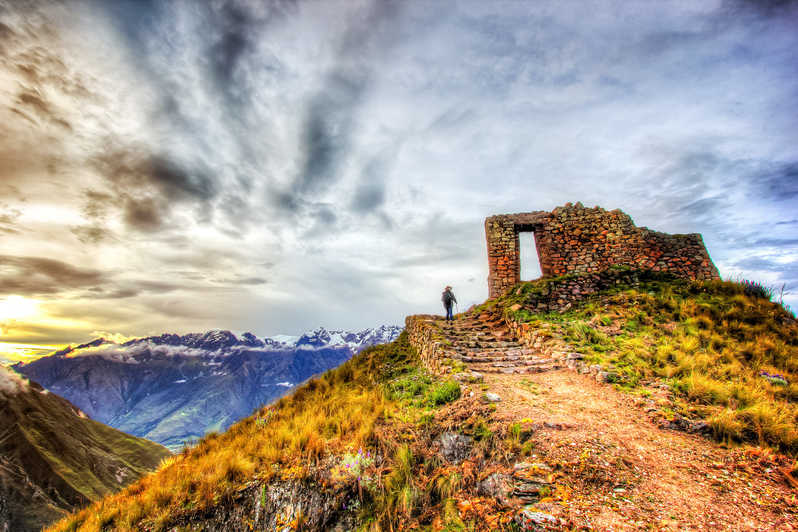
- DAY 1: CUSCO – PISKACUCHO – WAYLLABAMBA
- DAY 2: HUAYLLABAMBA – WARMIWAÑUSCA – PAQAYMAYU
- DAY 3: PAQAYMAYU – CHAQ´ICOCHA – WIÑAYWAYNA
- DAY 4: WIÑAYWAYNA – MACHU PICCHU – CUSCO
The second option would be the two-day Inca Trail, also known as the express Inca trail.
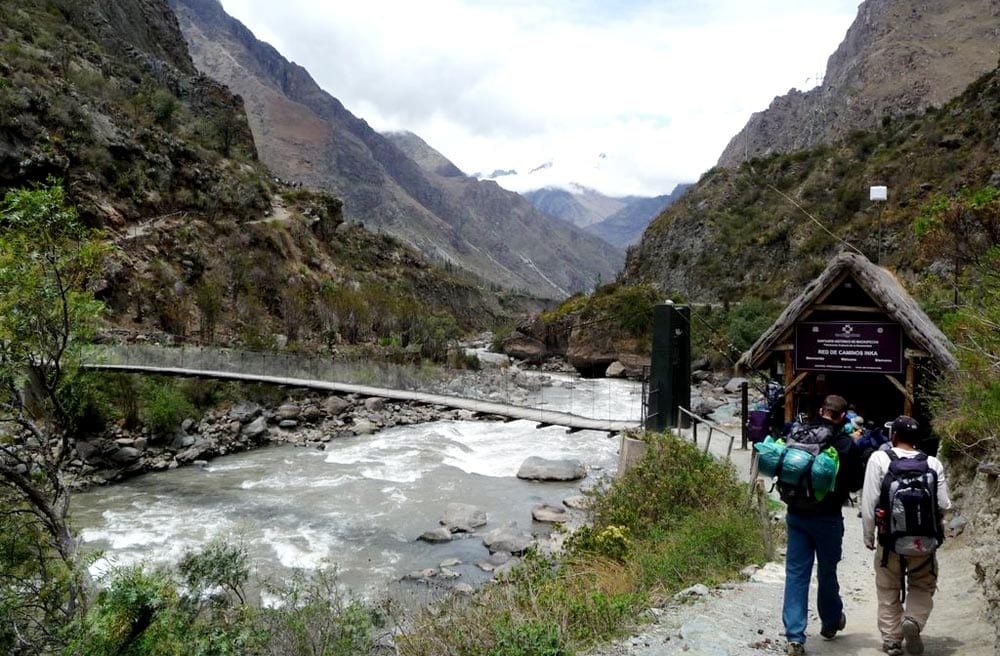
This trek allows you to do a full day of hiking to the small town of Aguas Calientes, stay overnight in a hostel or hotel, and go up to the citadel for your Machu Picchu Travel hike the following morning.
This hike doesn’t include camping out in the Andes. Unlike the traditional route, you don’t walk into Machu Picchu via Inti Punku. Instead, you enter the complex through the main entrance.
2 Day Inca Trail to Machu Picchu Itinerary
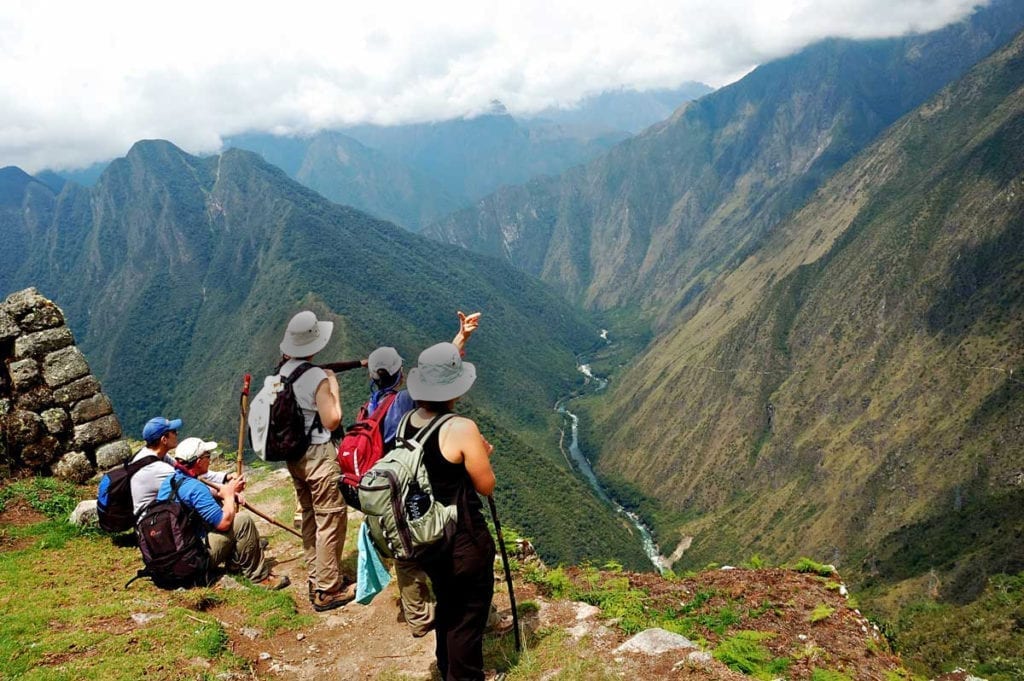
- DAY 1: CUSCO (3350M) – CHACHABAMBA (2250M) – WIÑAYWAYNA (2700M) – MACHU PICCHU (2400M) – AGUAS CALIENTES (2000M).
- DAY 2: AGUAS CALIENTES (2000M) – MACHU PICCHU (2400) – AGUAS CALIENTES (2000M) – CUSCO (3350M)
Salkantay Trek to Machu Picchu
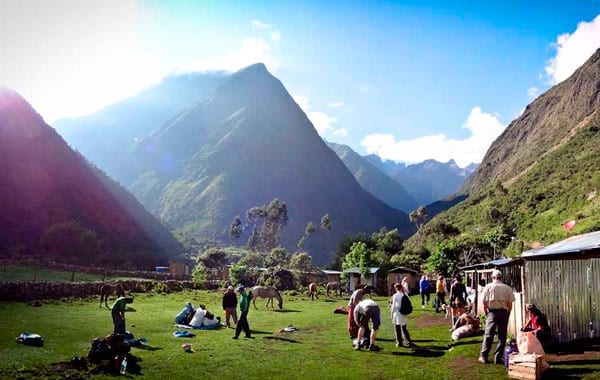
The Salkantay trek offers a different experience when comparing the pros and cons of the Salkantay Trek vs. The Inca Trail.
Most local guides agree that the Salkantay trek is more scenic than its Inca Trail counterpart, and the views surpass the ones you can see from the Inca trail. You have a better chance of seeing larger mammals such as foxes, deer, chinchillas, vizcachas, and, with luck, even Spectacled Bears. But, of course, the plant life is varied as well.
It’s a hike through the picturesque Andes, which takes you up to imposing glaciers and then has you descend through lush valleys with coffee plantations and back up into the high jungle.
When you compare the Salkantay Trek vs. the Inca Trail, you also have to mention that the Salkantay is a more difficult path.
This trek will have you hiking to Machu Picchu at over 15,000 feet above sea level at times. The additional difficulty is a fair trade when considering how amazing the views are. Hiking through the Andes and suddenly looking over your shoulder and finding a vast glacier peering through the mountains can be quite a sight.
There is another point of comparison between both trails, and that is the foot traffic. You wouldn’t claim the Inca Trail as “off the beaten path,” to be honest.Some hiking groups are taking over 20 travelers at any given time. However, when you compare the two, there is roughly 72% less traffic on the Salkantay trek.
Now we can get to some numbers. There is a daily average of 80 trekkers on the Salkantay compared to a 300 per daily average on the Inca Trail. Campsites for the Inca trail usually are relatively large, and hiking groups will undoubtedly run into other groups during the route.
By comparison, the Salkantay is what you would consider something “off the beaten path.” You’ll have much of the trek to yourself, and the campsites on the route aren’t crowded, immersing you in the wilderness atmosphere and camp in a more traditional sense. The downside of the Salkantay trek is that you’ll see fewer Inca structures along the route to Aguas Calientes.
You also don’t enter Machu Picchu through the Sun Gate (Inti Punku); you do so through the main entrance.In terms of camping, you do so for three nights, and on the 4th night, you check into your hotel/hostel in Aguas Calientes. The following morning we head up to Machu Picchu.
Salkantay Trek to Machu Picchu Itinerary
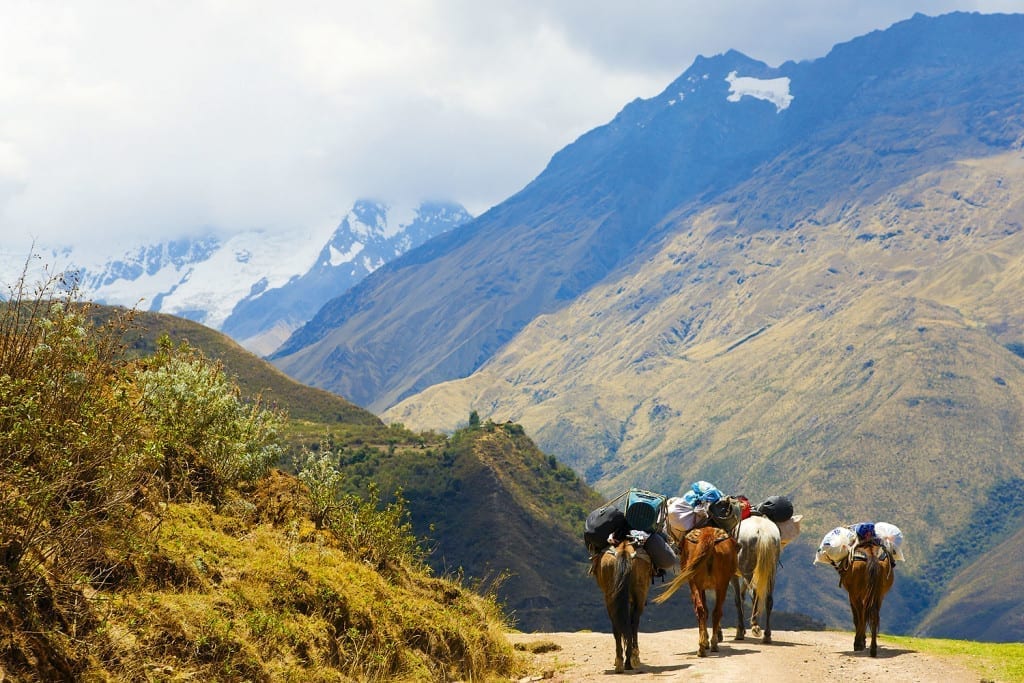
- DAY 1 : CUSCO – MOLLEPATA (MARCOCCASA) – SORAYPAMPA
- DAY 2: SORAYPAMPA – SALKANTAY PASS – CHALLWAY
- DAY 3: CHALLWAY – WIÑAYPOCO – LA PLAYA
- DAY 4: LA PLAYA – LLACTAPATA – AGUAS CALIENTES
- DAY 5: AGUAS CALIENTES – MACHU PICCHU – CUSCO
Conclusion
In the end, they are both gorgeous trails, and if you have the chance to visit Peru more than once, you can experience them both ( we have yet to even talk about the Lares trek).
Each one has something unique to offer the trekker. One is more of a historical and cultural route, while the other is more centered around the beauty of the local flora and fauna.
Whichever trail you have a chance to experience for your Machu Picchu reservation, you will undoubtedly be more than happy with your choice.
Frequently Asked Questions About The Salkantay Trek vs. The Inca Trail
The Salkantay trek presents moderate difficulty.
No. This is reserved for the traditional 4-day Inca Trail.
Depending on the season, the groups will be anywhere from 4-12 people.
Groups will be anywhere from 4-12 people depending on the season.
Yes. Meals are included and prepared by the cook who comes with any of the hikes.
They share unique sights with the traveler; however, it is often considered that Salkantay has superior views.
Yes. Specialty meals such as vegan or vegetarian will be prepared by the cook as long as we have enough previous notification to bring along the appropriate ingredients.
Yes. All multi-day hikes to Machu Picchu are considered safe.
Yes. You can include any of the hikes and add them to a package tour. This normally saves the traveler a few dollars when booking.

